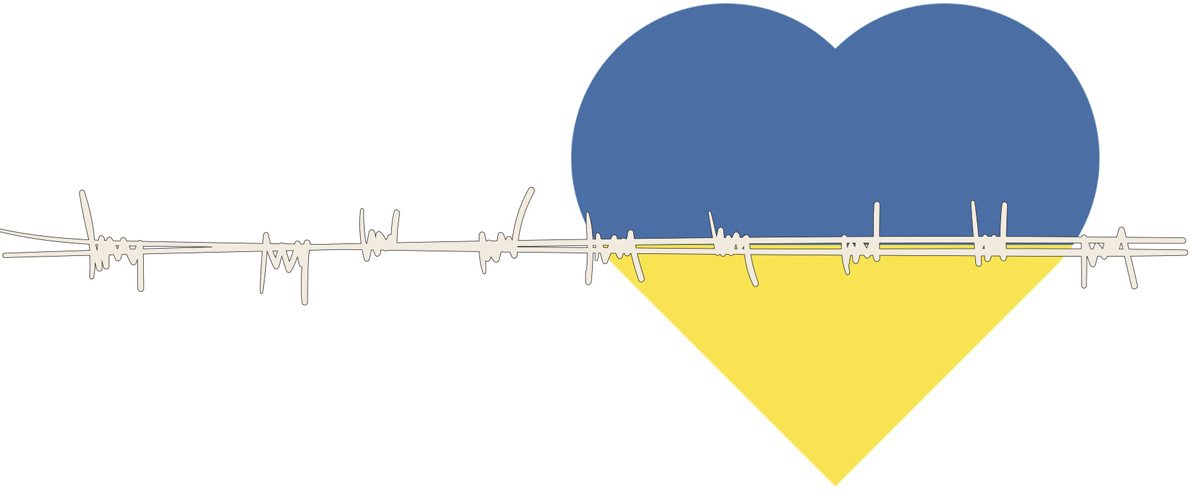Andrew Lee, a Professor of Public Health/the Research Lab of the University of Sheffield, England gives us his Relief/Web Conversation on Health Issues facing the Ukrainian citizenry these days. Because the Conversation was posted on March 2, 2022, I will not be giving any stats which are no longer accurate. As mentioned in my first H & W column on the subject (May 5’s publication), war extends far beyond bombs and bullets. Concerning the Russian invasion of the Ukraine, Professor Lee writes “Wars are complex health emergencies. They lead to the breakdown of society…”
Lee continues emphatically, “They (new wars) also exacerbate pre-war issues.” Before this particular Russian invasion, the recent eight-year-long conflict in Eastern Ukraine “had left 3 million people in need of humanitarian assistance.” The ones needing most help are generally, women, children, and people with disabilities, as well as the elderly.
War creates mass population movements, known as internally displaced and externally displaced people. During the first week of this now occurring Russian invasion, half a million citizens became refugees within their nation or to local bordering countries. The mental anguish involving separation of parts or of entire families from one another (not knowing when or if they will be reunited) continues to increase the stress level of huge numbers of Ukrainians throughout this war. These considerable mental health consequences can range from depression and anxiety disorders to post-traumatic stress disorders. In addition, wars, according to our author “can lead to significant psychological trauma, especially in children.”
Health systems suffer within warring countries, especially those being attacked, due to the destruction of hospitals and clinics there. As a result of this health infrastructure damage, the resulting flight of health staff occurs at a time when there is an increase in patient loads. Drugs, especially antibiotics, blood products, dressings, and other consumables are becoming rapidly reduced with the loss of economic stability, as well. The World Health Organization (WHO) warns that “medical oxygen supplies in Ukraine are dangerously low.”
Primary care, along with the country’s screening and immunization programs, have also been interrupted. Chronic cases such as diabetes, heart trouble, and cancers may not get optimal treatment or be given too late of tracking. As mentioned in my first article on this subject, the compromising of clean water and sanitation systems leads to further health issues. Then there is the increase in sexual violence, occurring with the lack of social networks, leaving women especially as victims.
With the conclusion of wars, diseases and economic losses continue. Unexploded mines will have to be cleared or, otherwise, possibly be left to maim civilians decades later! Professor Andrew Lee summarizes his Conversation with these two statements: “The post-war period is often characterized (then) by insecurity, political fragility, damaged and degraded infrastructure, limited health care capacity and staffing, unemployment, and shortages of all manners of goods.” Lee finalizes: “The post-war period will last many years, and Ukraine will undoubtedly need considerable international support and funding to rebuild and recover afterwards.”




